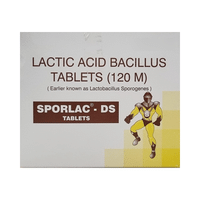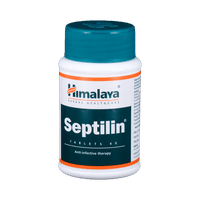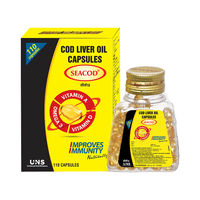Paxyb 7.5MIU Injection

Rs.4602for 1 vial(s) (1 Injection each)
food interaction for Paxyb Injection
alcohol interaction for Paxyb Injection
pregnancy interaction for Paxyb Injection
lactation interaction for Paxyb Injection
food
alcohol
pregnancy
lactation
No interaction found/established
Consuming alcohol with Paxyb 7.5MIU Injection does not cause any harmful side effects.
SAFE
Paxyb 7.5MIU Injection may be unsafe to use during pregnancy. Although there are limited studies in humans, animal studies have shown harmful effects on the developing baby. Your doctor will weigh the benefits and any potential risks before prescribing it to you. Please consult your doctor.
CONSULT YOUR DOCTOR
Paxyb 7.5MIU Injection is probably safe to use during breastfeeding. Limited human data suggests that the drug does not represent any significant risk to the baby.
SAFE IF PRESCRIBED
SALT INFORMATION FOR Paxyb 7.5Million IU Injection
Polymyxin B(7.5Million IU)
Paxyb injection uses
{med_name} is used in the treatment of severe bacterial infections. It is used to treat certain types of serious infections which are not responding to other antibiotics.
How paxyb injection works
Paxyb 7.5MIU Injection is an antibiotic. It kills bacteria by destroying the bacterial cell membrane.
Common side effects of paxyb injection
Anaphylactic reaction, Fever, Kidney damage, Neurotoxicity, Injection site reactions (pain, swelling, redness)
SUBSTITUTES FOR Paxyb Injection
No substitutes foundExpert advice FOR Paxyb Injection
- Polymyxin B treats serious bacterial infections that have not responded to treatment with other antibiotics.
- It is given by injection or drip (infusion) into a vein usually over 30-60 minutes.
- Finish the prescribed course, even if you start to feel better. Stopping it early may make the infection come back and harder to treat.
- Diarrhea may occur as a side effect. Inform your doctor if it doesn't stop or if you find blood in your stools.
- Your doctor may get regular blood tests done to monitor the level of the medicine in your blood.
- Polymyxin B treats serious bacterial infections that have not responded to treatment with other antibiotics.
- It is given by injection or drip (infusion) into a vein usually over 30-60 minutes.
- Finish the prescribed course, even if you start to feel better. Stopping it early may make the infection come back and harder to treat.
- Your doctor may get regular blood tests done to monitor the level of the medicine in your blood.
Frequently asked questions FOR Paxyb 7.5Million IU Injection
Polymyxin B
Q. What is Paxyb 7.5MIU Injection? What is it used for?
Paxyb 7.5MIU Injection is an antibiotic that fights bacteria. It is used to treat severe infections of the skin, soft tissues, heart and blood. It is commonly used to treat critically ill patients who are hospitalized.
Q. How is Paxyb 7.5MIU Injection administered?
Paxyb 7.5MIU Injection should be administered under the supervision of a trained healthcare professional or a doctor only and should not be self-administered. The dose will depend on the condition you are being treated for and will be decided by your doctor. Follow your doctor’s instructions carefully to get maximum benefit from Paxyb 7.5MIU Injection.
Q. Is Paxyb 7.5MIU Injection safe?
Paxyb 7.5MIU Injection is safe if used in the dose and duration advised by your doctor. Take it exactly as directed and do not skip any dose. Follow your doctor's instructions carefully and let your doctor know if any of the side effects bother you.






















